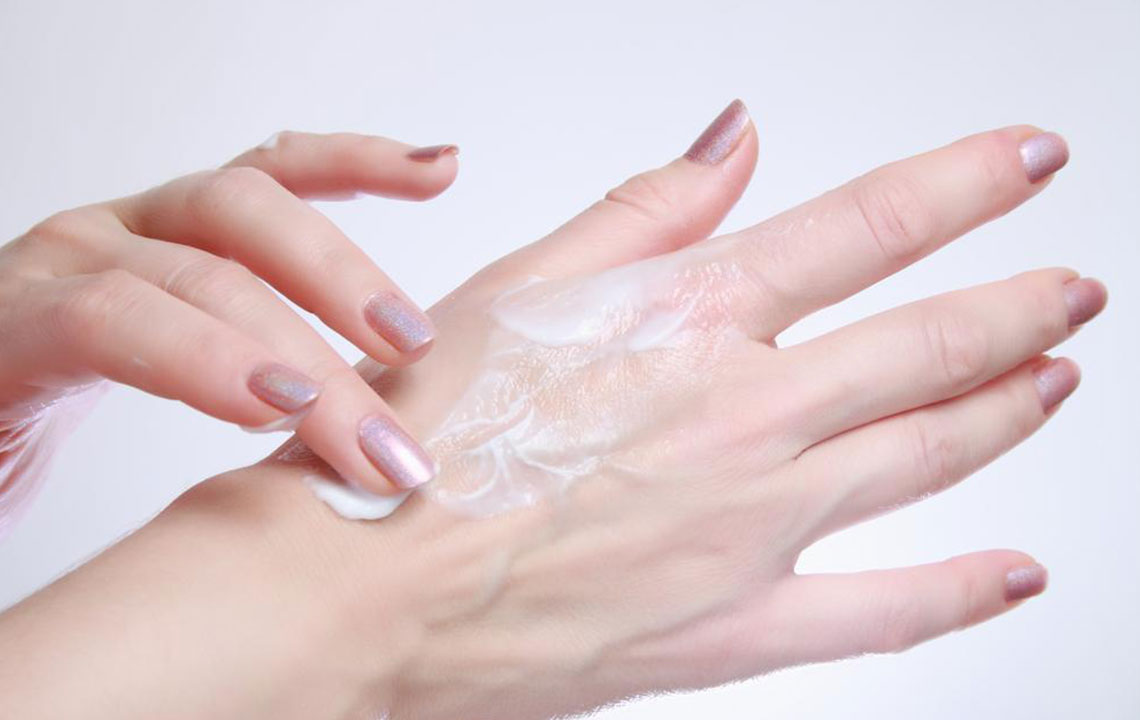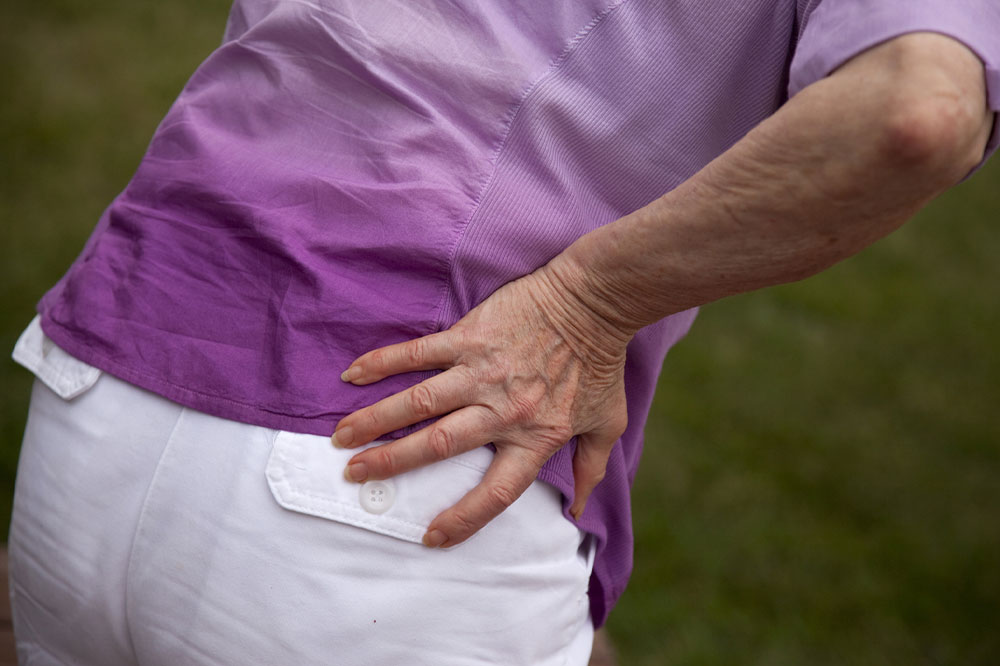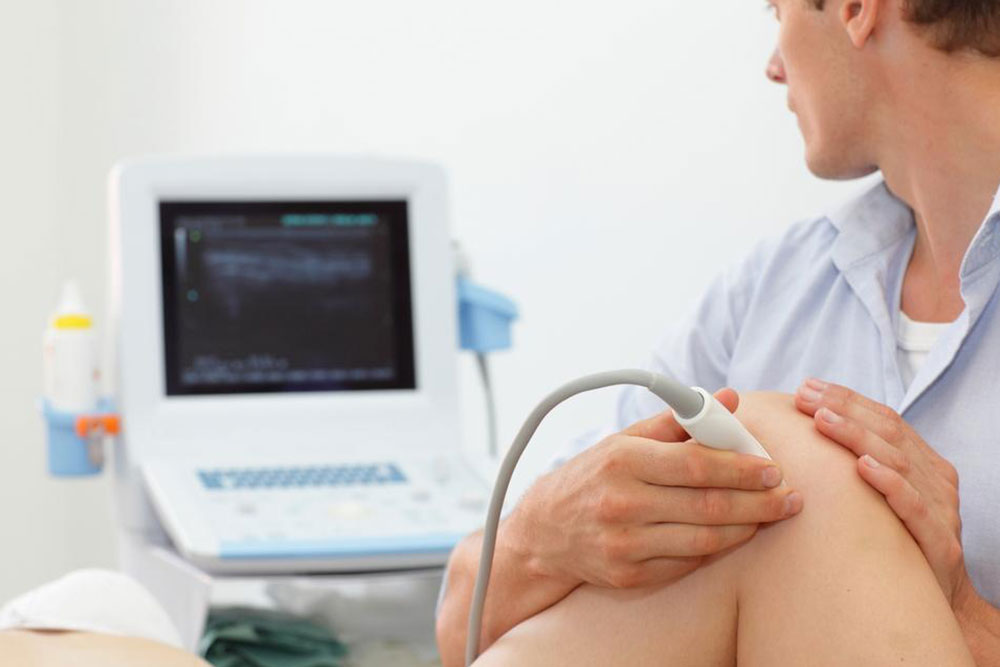Comprehensive Guide to TMJ Disorder Therapy Options
This article explores various treatment options for TMJ disorders, including medications, physical therapy, alternative therapies, and surgical procedures. It provides a comprehensive overview to help patients understand their options for managing jaw joint pain effectively.
Sponsored

The temporomandibular joint (TMJ) links your jawbone to your skull, and any injury or damage to this joint can cause localized discomfort or pain, known as TMJ syndrome.
Most TMJ issues resolve naturally without intervention. However, treatment options vary depending on the severity of the condition. Healthcare providers may recommend multiple approaches, often combining therapies for optimal relief.
Medication-Based Treatments
A non-invasive method, medications can alleviate TMJ pain. Doctors may initially prescribe pain relievers and anti-inflammatory drugs if over-the-counter options are insufficient. Non-steroidal anti-inflammatory drugs (NSAIDs) are commonly used. Certain antidepressants, primarily for depression, can also reduce TMJ-related discomfort. Muscle relaxants might be prescribed temporarily to ease jaw muscle stiffness.
The treatment plan may include physical therapy techniques such as ultrasound, cold or heat therapy, and targeted exercises to stretch and strengthen jaw muscles.
Oral appliances like splints and mouth guards are popular non-surgical options to reduce minor TMJ pain. These dental devices fit over the teeth, providing support and alignment.
Psychological counseling can help identify behaviors worsening the condition, such as teeth grinding, clenching, or resting the chin on surfaces, and provide strategies to minimize these habits.
Alternative Therapies
Alternative methods can be effective in managing chronic TMJ pain.
Acupuncture involves inserting fine needles into specific body points to alleviate pain.
Biofeedback uses electronic devices to monitor muscle tension, guiding relaxation techniques to reduce jaw muscle stiffness.
If TMJ pain persists and becomes chronic, the above treatments may offer only temporary relief. In such cases, surgical procedures like arthrocentesis, arthroscopy, condylotomy, or open joint surgery might be necessary. Always consult a healthcare professional before proceeding with surgery.






